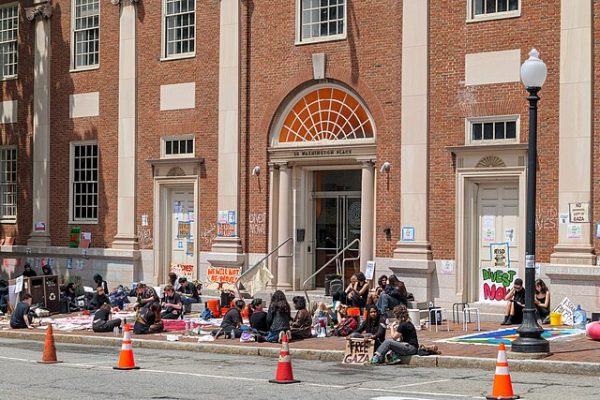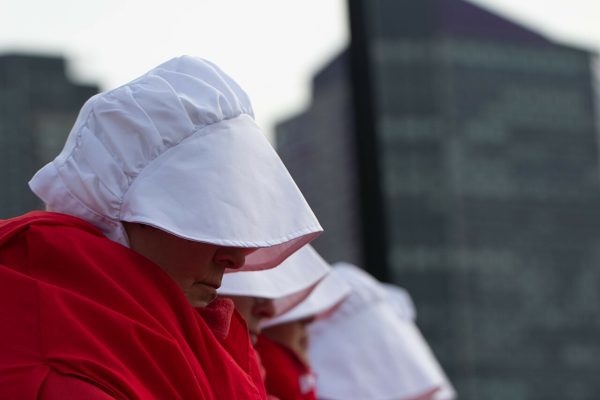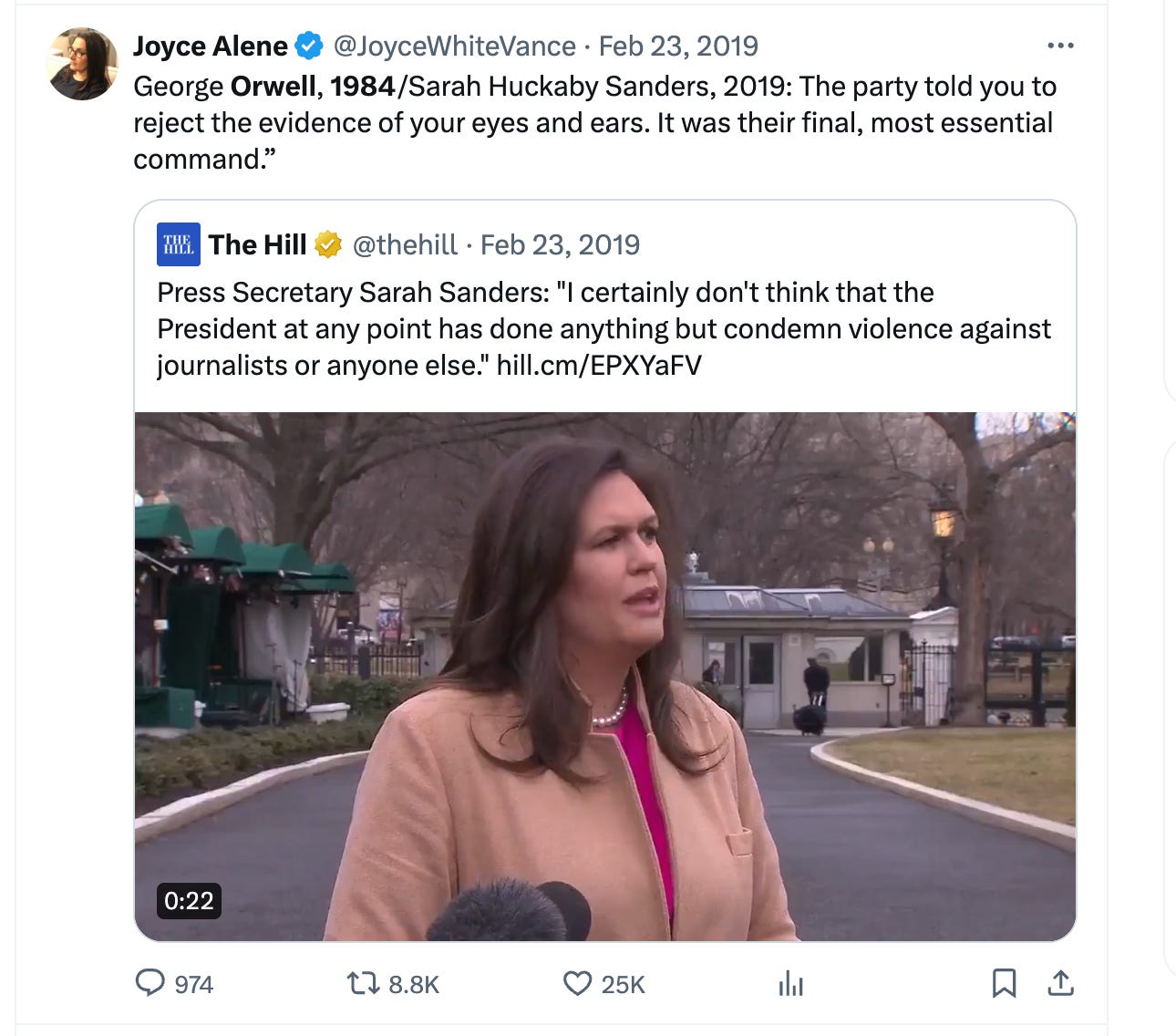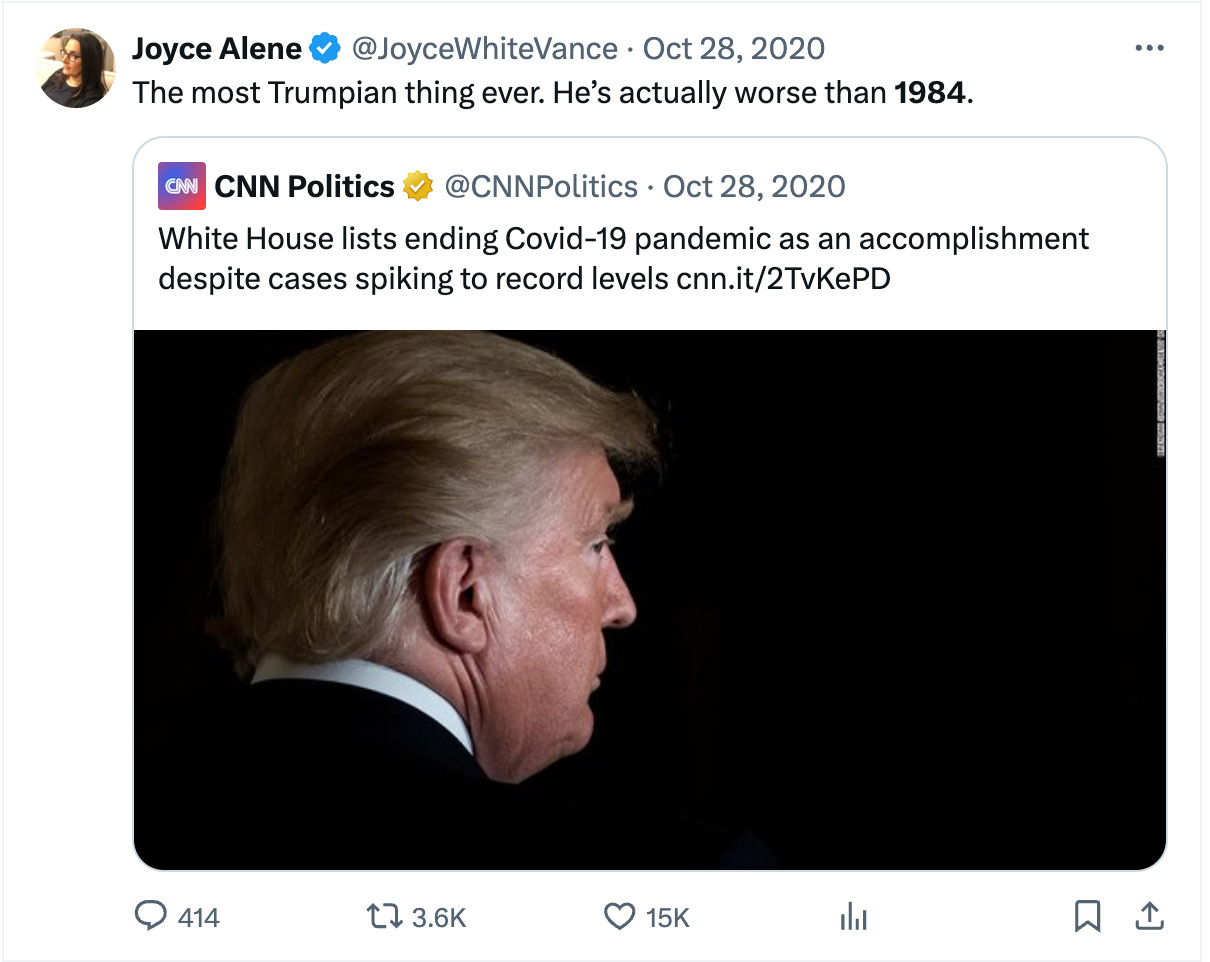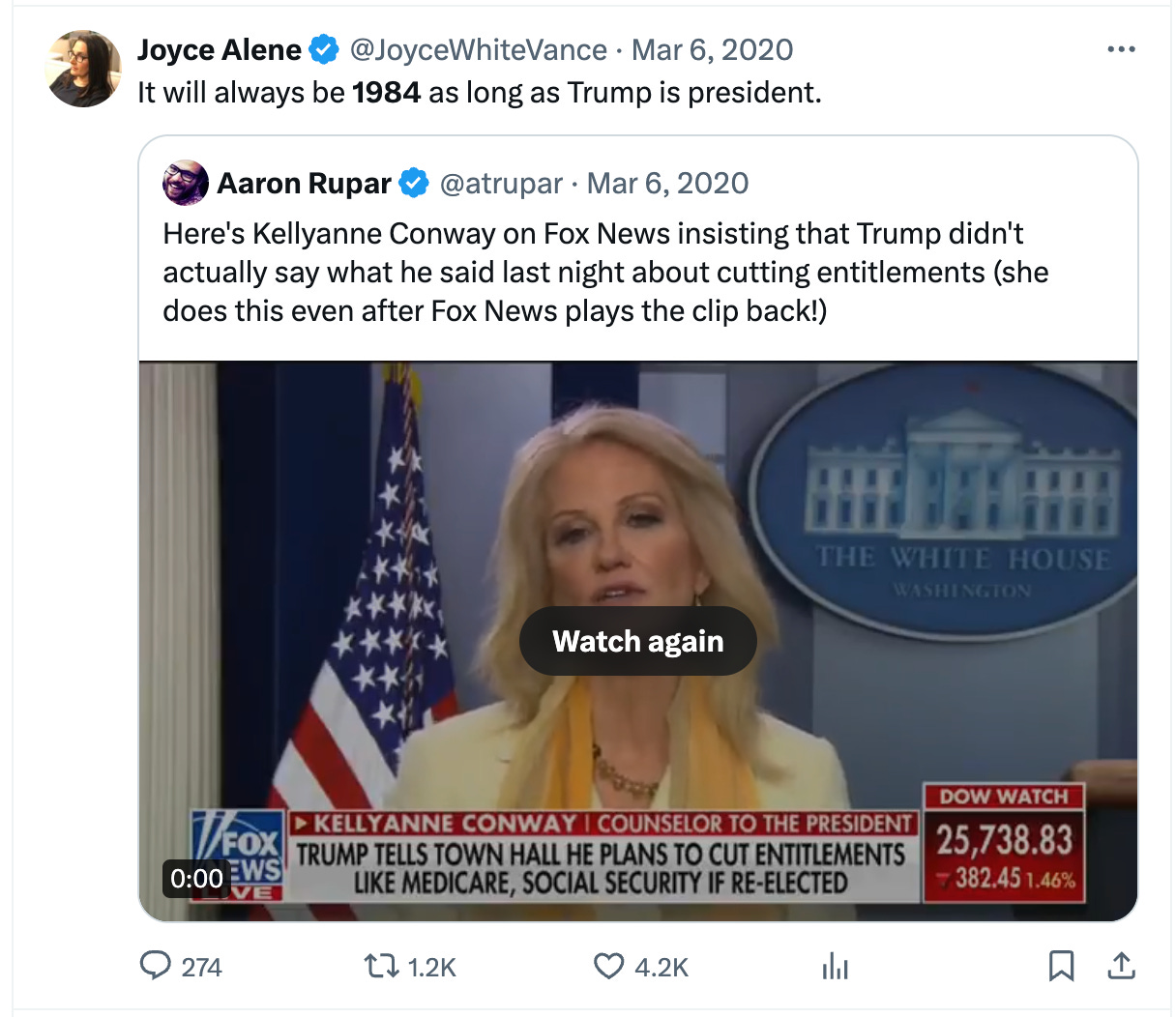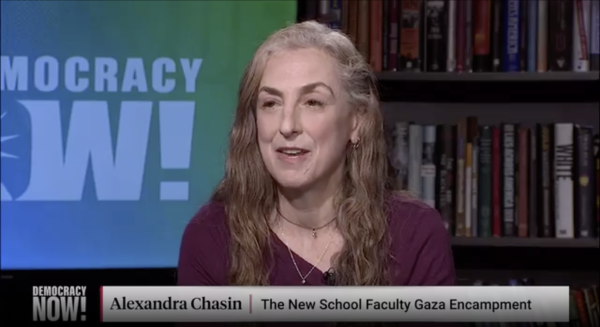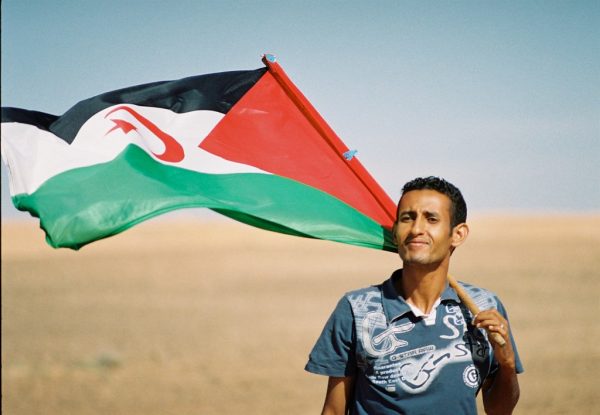APPEAL FROM UKRAINIAN LABOUR AND SOCIAL ACTIVISTS
TUESDAY 21 MAY 2024, BY COLLECTIVE
This appeal to workers and activists abroad comes from Ukrainian trade union activists and leaders in Kryvih Rih, as well as supports of various civil society initiatives. It is not an official appeal from any trade union. But it expresses very well the mood and wishes of many Ukrainian trade unionists and NGOs, and the issues they wish to communicate to their counterparts in other countries, less than one month before the elections to the European Parliament.
On the eve of the European Parliament elections, trade union activists in Kryvyi Rih appeal to candidates and remind politicians that it is wage earners who bear the brunt of the war against the aggressor. They are the ones who lack ammunition, and it is their interests that should be discussed in high places. As Ukrainian trade unionists, we believe that ignoring these facts is fraught with catastrophic consequences. We warn against using support for Ukraine to cover up selfish agendas, which is common among certain international elites.
Yuriy Samoilov, leader of the Independent Trade Union of Miners, said: "In our families, every other conversation is about the war, about those who are currently serving, about how to help them, because the vast majority of those mobilised are ordinary workers. This has become the union’s priority. But at the same time, labour legislation is being suspended, social spending is being cut, and children of businessmen and officials are having fun abroad. Is this fair?" - Yuriy asks.
The appeal has already garnered support from a diverse group of trade union, civic, and student activists from various regions of Ukraine. They share a common dissatisfaction with the lack of interest in employee issues and firmly believe that their collective voice is the key to change. They see the potential audience of the appeal as friends of Ukraine and allies of workers, in Europe and around the world.
Oleksandr Skyba, leader of the Free Trade Union of Railway Workers at the Darnytsia depot, points out that since the war’s onset, labour rights have been significantly curtailed. He argues that most of these changes have not bolstered defence capabilities, but rather weakened them. "Allowing employers to arbitrarily suspend labour relations and the provisions of collective bargaining agreements is a severe blow to the role of trade unions and the foundations of democracy," he asserts. Oleksandr underscores his confidence in the power of unity and mutual support in the struggle and looks to his foreign comrades for solidarity.
Appeal to political representatives of the people of Europe and the world
Given that our fate often depends on your decisions, we, Ukrainian trade unionists and activists, would like to address you directly and emphasize the following:
While the international community is stuck in indecision, Russian occupation troops are gladly stepping up their offensive. Our comrades are dying on the frontline, forced to fight without enough arms supplies, and in the absence of proper air defence, our power plants, factories, and homes are being hit by devastating strikes. With truly “unwavering support,” this would not have been inevitable. However, for now, we have to face the aggressor mainly on our own.
The resilience of Ukrainian society depends on ordinary workers, who make up the majority of the armed forces and ensure the functioning of the home front in logistics, production, and maintenance of critical infrastructure. At the same time, there is an increasingly visible social divide, where public goods exist just for the elite and the rest are left with only duties. This demoralises and threatens the country’s defence capability and its future. While we continue to get paid peanuts, work overtime, and live under the constant threat of being put on the street, our government is much more concerned with deregulation and creating favourable conditions for business owners.
The safety and well-being of our families and friends are absolute values for us; they make us hold on. Yet it is painfully clear that post-war Ukraine will lack opportunities for a decent life if wage-earners do not get the leverage to solve their problems. It is with horror that we realise that we will probably have to seek a better life abroad, working day and night, competing for starvation wages from greedy masters.
It is also no secret that your elites are freezing wages, raising prices, cancelling holidays, and cutting social spending, justifying all these as a necessity to support Ukraine while at the same time continuing mutually beneficial trade with Russia; your money and technology is supporting their military capacities. This policy is extremely dangerous for the solidarity and trust between our peoples.
We understand that only together can we defend democracy and social justice from the invasions of imperialists, the pressure of dictators, the appetites of oligarchs, and the demagoguery of the far right.
Therefore, we call on you to:
1. Stop weapon exports to third countries and prioritise the supply of arms and ammunition necessary right now for defence to Ukraine. Our war should not become a pretext for profiteering by security salesmen!
2. Make it impossible for Putin’s regime to circumvent sanctions. This requires, among other things, closing shady schemes used by Russian, Ukrainian, and other oligarchs. Every transaction and spare part provided allows Russia to continue the war!
3. Write off the unfair debt and ensure your money is not spent on anti-social experiments in our country! International support should help to restore and expand universal healthcare and education, rebuild affordable housing and public infrastructure, and ensure decent jobs and working conditions.
4. Establish contacts with Ukrainian trade unions and civil society organisations, lobby for their involvement in decision-making at all levels, and insist on the importance of collective bargaining and freedom of associations! In a deformed political system, this is almost the only way for ordinary people to claim their rights.
5. Expose the use of solidarity to cover vested interests! Confiscate Russian assets, shut down offshore companies, and tax the super-rich/ Do not present your people with the false choice of sacrificing the fate of Ukrainians or taking away from the most vulnerable at home!
14 May 2024
Source: https://rev.org.ua/to-foreign-politicians-justice-for-ukrainian-workers/
NB: On the original site, the call for signatures is intended for Ukrainian activists, but ENSU will work with Ukrainian trade unionists to determine the means of international support.
P.S.
If you like this article or have found it useful, please consider donating towards the work of International Viewpoint. Simply follow this link: Donate then enter an amount of your choice. One-off donations are very welcome. But regular donations by standing order are also vital to our continuing functioning. See the last paragraph of this article for our bank account details and take out a standing order. Thanks.




